Academic Environment
WHAT IS TEACHING?
Teaching is the process of telling or showing someone how to do something either through talking, telling, explaining, and showing, illustrating and demonstrating. The ‘something’ is contents, facts, skills and processes. Although teaching is a process, the word is sometimes used to represent a system.In this connection, when one refers to another as a teacher’, we automatically take this to mean someone involved in teaching. This involves a series of steps which the teacher has to go through for effective teaching to take place. Some of the steps are
For effective teaching to occur, a series of steps need to be followed by the teacher. Such as;
“Teaching is an intimate contact between a more mature personality and less mature one which is designed to further the education of the latter.” H.C. Morrison (1934)
“Teaching means many different things, that teaching act varies from person to person and from situation to situation.’(Bar 1961) “The behavioral activities of a person as they go about doing whatever is required of teachers particularly those activities which are concerned with the guidance or direction of learning of others.”(Ryan, 1965) “Teaching is the arrangement of contingencies of reinforcement under which students learn. They learn without teaching in their natural environment, but teachers arrange special contingencies which expedite learning and hastening the appearance of behavioural which would otherwise be acquired slowly or making scene of the appearance of behaviour which might never occur.” (B.F. Skinner. 1968)
“Teaching is an act of interpersonal influence aimed at changing the ways in which other persons can or will behave” (N.L. Gage, 196)
Teaching can therefore be said as a process of imparting knowledge or a skill.
For teaching to take place, there must be harmony among the various components involved. The teacher should be motivated to teach and adequately equipped with the necessary knowledge and skills on the other hand, the learner should be interested to learn.
Therefore, for teachings to occur there must be at least a learner, content and a teacher as a facilitator of the learning process (with his intentions or objectives). It is commonly said that learners are taught by a teacher, but they also acquire information from other sources such as books. In a teaching-learning situation, resources are very useful.
0 Comments
What are the best ways to overcome the need for sleep while doing intense studying?By Jay Wiwchar, Exploring my options - First appeared at Quora on April 6, 2014 -Edited to fit Kenyan Student Context I actually discovered this method by accident. I have no Idea If it will work for anyone else but It really helped for me. And as far as cramming like you are doing (not the best method of learning though), I suggest the only method for you Is not cramming, but taking breaks every 45 to an hour for the same amount of time, doing something Involving your physical aptitude. But here is my study method for future, If you choose to use It. I am a university student who is also working a night shift as an electrician 10 hrs.’ per day, during the week. I thought it would be Impossible to effectively study because we are only given 4- 15mIn breaks no half hour for lunch or anything long. At the end of each night, right before I go to bed I actually scan all of the Information I went through that shift and continue with the process the next day. This actually proved to be a really effective way to learn. First I gather all my notes and textbooks, write-ups etc. Then I begin by summarizing each component by handwriting It down on paper. As If I was making a cheat sheet. I only look at one component during each break. Then between breaks I am working with tools and am exercising my creative and physical aptitudes. The following break I move onto another component regardless of completing the last one. This trains me to find more important concepts because I know I have a time constraint. I seem to retain it better because the 2 hours following I tend to regurgitate It In my mind. At the end of each night, right before I go to bed I actually scan all of the Information I went through that shift and continue with the process the next day. After I have reviewed each section once (usually takes a day or two), I go back and repeat the process. I am astonished at how much Information I have retained and can apply effectively. I just keep doing It this way up until the exam. When I do actually sit through the exam even If I don’t know everything about everything I have never felt more relaxed and calm. I know I have put in a solid effort and also realize that being an expert with anything is subjective. When It comes to getting marks back; I tend to float around the B+ to A (85-95%). Haven’t walked away with an A+ but I am sure It is possible in a matter of time. Easy Steps to Improve your Physics Grades1.Always do practice:
The tried-and-true method is just to do as many practice problems as you can from an introductory textbook.
Available resources: 2.Read ➽ Understand ➽ Attempt Questions
It really takes work. Read the chapter, understand the examples, attempt the problems, struggle, struggle some more, and persevere. It is a grueling process for most, so do not get discouraged.
3.Approach Your Teacher:
Also, if you get a chance try and solidify your conceptual knowledge during schooling hours.
If anything feels hazy you should approach your teacher or another suitable person–and first, explain what you think the concept is, then have the instructor make any corrections or additions. Your conceptual understanding will be your strongest advantage for physics it will systematically deconstruct your spirit 'haha', but we all survive in the end albeit in pieces of our former selves. 4.Predict possible outcomes in any application:
Lastly, before starting a problem try and predict what the solution should say. In other words, look for limiting cases.
If you have a block sliding down a ramp with no applied forces, your solution to show the block does not move if the ramp is parallel with the ground. This is a powerful methodology for learning physics. It simultaneously applies your mathematical and conceptual knowledge. Additional InformationFred McGalliard, works at Boeing adds ...
"
First appeared at Quora by Nick Valverde, works at National Superconducting Cyclotron Laboratory (2017-present).
|
RSS FEEDS
ARCHIVES
Archives
May 2024
CATEGORIES
Categories
All
|
||||||
We Would Love to Have You Visit Soon! |
Hours24 HR Service
|
Telephone0728 450425
|
|
8-4-4 materialsLevels
Subjects
|
cbc materialsE.C.D.E
Lower Primary
Upper Primary
Lower Secondary
Upper Secondary
|
teacher support
Other Blogs
|
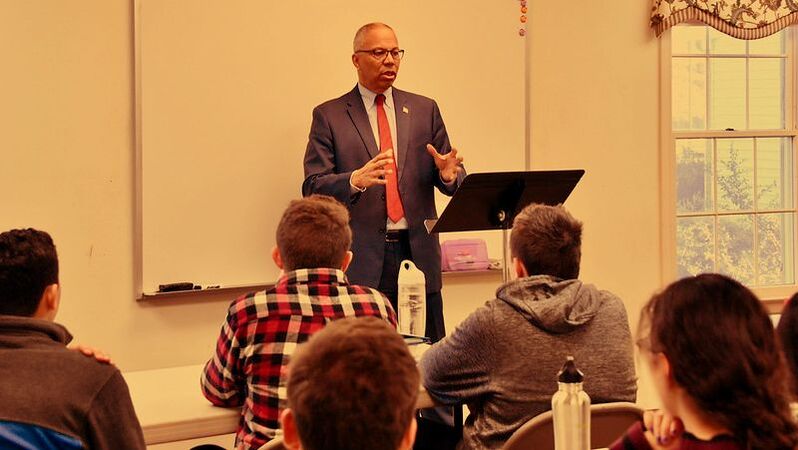

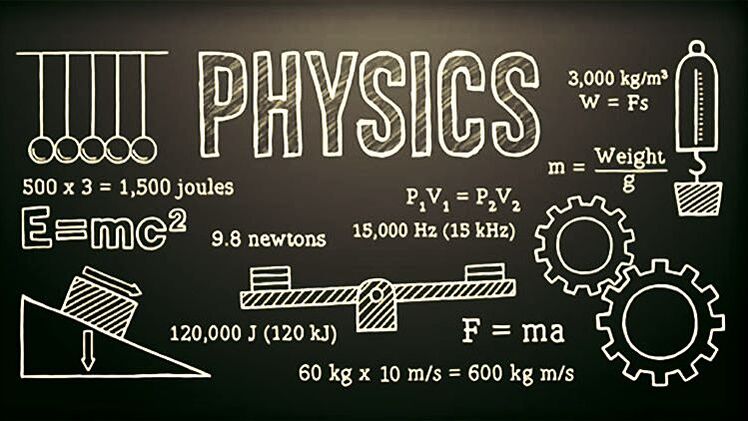
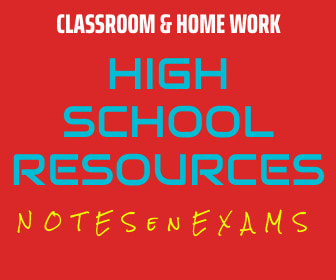
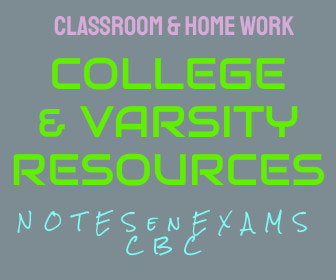
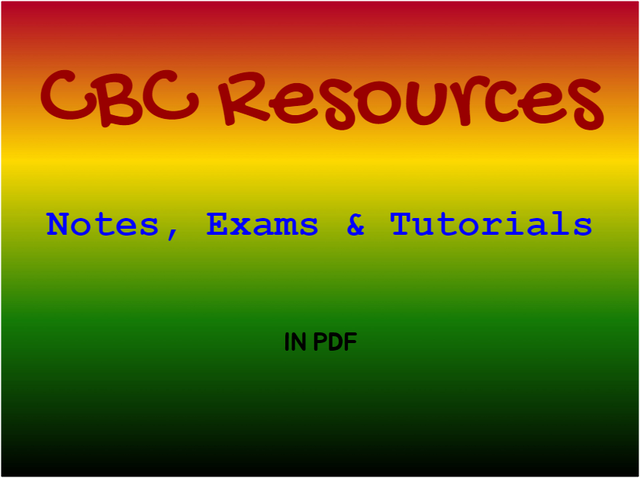
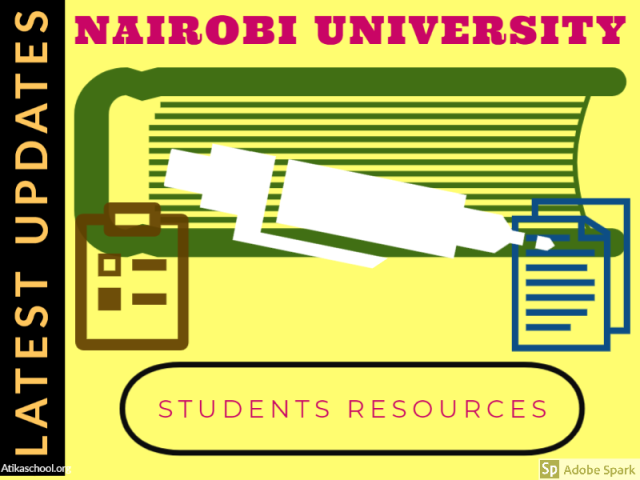
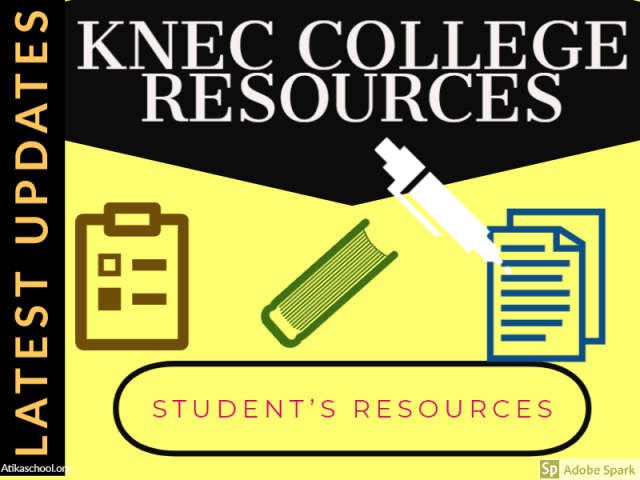
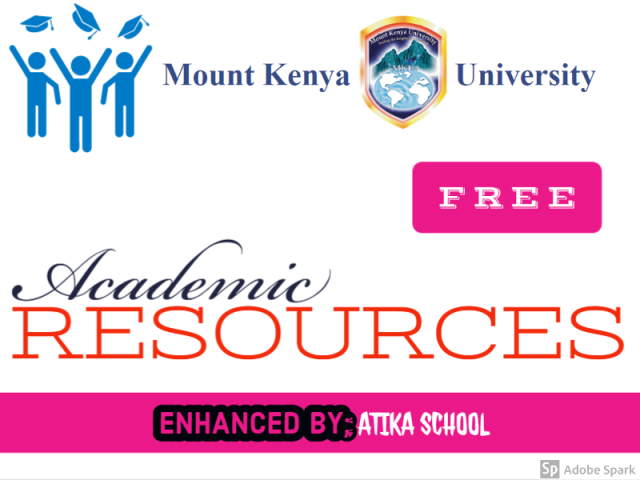
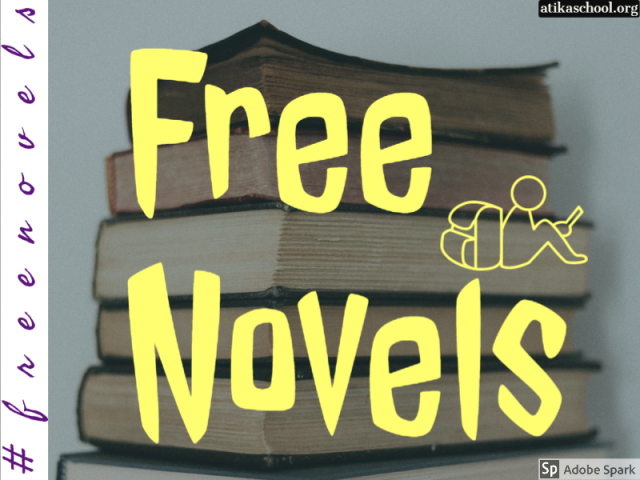
 RSS Feed
RSS Feed